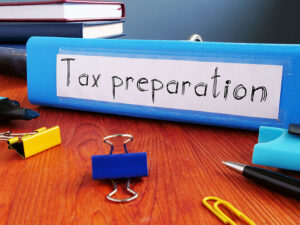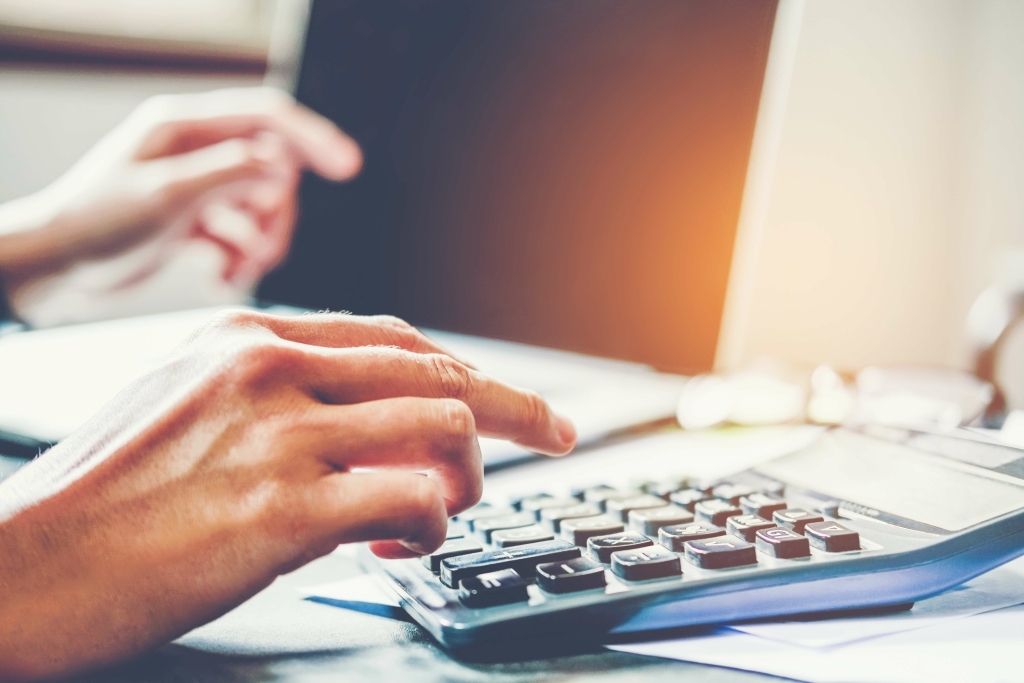Outstanding Checks Meaning, is it Legal Liability, how to reconcile it

As a result, your bank account balance may fall below $0 and incur overdraft fees. It’s possible that the bank could also decline to honor the outstanding check, as well. • In business bank accounts, outstanding checks outstanding check definition can cause hiccups in accounting if not tracked well.
Consider Alternative Payment Methods
- An outstanding check is a check that has been issued by the payer but has yet to be cashed or deposited by the payee.
- Shaun Conrad is a Certified Public Accountant and CPA exam expert with a passion for teaching.
- My Accounting Course is a world-class educational resource developed by experts to simplify accounting, finance, & investment analysis topics, so students and professionals can learn and propel their careers.
- As long as you know not to spend money promised to someone else, avoiding expensive consequences such as overdrafts or insufficient funds fees is possible.
- An outstanding check refers to a check that has already been issued to the recipient.
- By being proactive and diligent in tracking all spending, you will have a better idea of your overall financial health and can make more suitable plans for the future.
These checks can pose risks such as overdrawing the account, potential fraud, accounting discrepancies, and delayed financial reporting. The payor must be sure to keep enough money in the account to cover the amount of the outstanding check until it is cashed, which could take weeks or sometimes even months. The main difference between outstanding checks and outstanding deposits is that a check takes money from your bank account while a deposit puts money into your bank account.
In The Case Of Bank Reconciliation, How Do You Record Outstanding Check Journal Entries?
Calculate your refund after deducting all possible bank fees, fines, and returned checks (NSFs). Outstanding checks are deposited into a bank account once they are deposited by the recipient and processed by the receiving bank. Unfortunately, the issuing individual or business does not have any way to force a check to be deposited.
What Are Some Best Practices for Managing and Clearing Outstanding Checks?

However, if your budget is handled appropriately and all checks are marked as pending, you’ll know not to spend that money. If you do write a new check, it may be safest to request that the old one be returned or ask for proof that it’s been voided. Otherwise, in rare cases, you might wind up with both the old (outstanding) and the new check being cashed, which would leave you with a financial loss. If a check remains outstanding for an extended period, it may become stale-dated, and the bank may refuse to honor it. The payee should contact the issuer to request a new check if this occurs. Outstanding checks also have the risk of being used in fraudulent conduct.
- Outstanding checks refer to checks issued by a company that have not yet been presented to the bank for payment.
- With banking activity becoming increasingly electronic, another way to avoid writing a check and forgetting about it is to use the checking account’s online bill pay service.
- Before sending one, ask the payee to return the old check to eliminate the possibility of both checks being deposited, either intentionally or unintentionally.
- In this situation, the payee will need to ask the payer for a replacement payment from a valid checking account, and may demand compensation for the NSF fee.
- If a corporation has a substantial number of checks that have not yet been cashed, it may create ambiguity over the amount of cash that is available, making it difficult to efficiently plan for and manage expenses.
A check that was written moments, weeks, or even months ago is considered outstanding if it has not yet been cashed or deposited. Business owners know that outstanding checks might take weeks or months to get cashed. Checks that remain outstanding for long periods of time cannot be cashed as they become void. Some checks become stale if dated after 60 or 90 days, while others become void after six months. Rules governing unclaimed property are becoming more widespread in states.

Online Bill Pay

When you write a check to vendor, the bank has no idea the check has been written. Once the check has been deposited or cashed by your vendor, your bank will debit your account and mark it as a cleared check on your next statement. The payment goes on the general ledger, but businesses must make adjustments during reconciliation, and they may need to reissue stale checks. Once such checks are finally deposited, they can cause accounting problems. Furthermore, checks that are never cashed may constitute “unclaimed property” that is turned over to the state. The payee has the responsibility to negotiate the check, either by taking it to their bank and cashing it or depositing it in an ATM or other service location, or depositing it through a mobile banking app on their phone.

When the bank receives the full amount requested, it deposits it into the payee’s account. The https://www.bookstime.com/ credit side of the cash book is debited when an unpresented check is issued. Checks that have been written but have not yet been cashed or cleared by the bank are referred to as “outstanding.” It doesn’t matter if the cheque is for personal or business use. To keep things simple, an “outstanding check” is a check that has not yet cleared your account. However, it is ultimately up to the receiving bank whether they will cash (or deposit) a check or not.
- This means it is en route to becoming available funds in the payee’s bank account, but it’s just not quite there yet.
- Finance Strategists is a leading financial education organization that connects people with financial professionals, priding itself on providing accurate and reliable financial information to millions of readers each year.
- ◦ Once voided, be sure to mark the old check as voided in your checkbook.
- We we will not alter our cash book because the check will be eventually be presented.
- An outstanding check doesn’t cost anything beyond the paper it’s printed on.
- They represent an ongoing financial obligation and should be closely monitored and reconciled regularly.
What to Do if You Have Issued or Received an Outstanding Check
An outstanding check represents a payment that has been written but not yet cleared by the bank. In a double-entry accounting system, an outstanding check is considered a credit for the check writer, since credits record outgoing money. The funds have been earmarked to be deducted from their bank account, even though the actual cash hasn’t been withdrawn yet. For the recipient, the outstanding check is considered a debit, since debits record incoming money. The recipient is awaiting the receipt of funds that have been promised through the normal balance check. This is why your (or company) bank accounts need to be reconciled with the bank statement.

If you write a check and the money never leaves your account, you may develop the false belief you can spend those funds, but the money still belongs to the payee. If the payee finally deposits the check after months of delay, you risk overdrawing your account and bouncing the check. Instead, electronic cash payment methods, such as Zelle®, take the money out of your account faster. By not trusting the payee to take action, you remove the possibility that they will forget or put off cashing or depositing the check. The payor, or person with the checking account, writes a check to the person they want to pay in the payment amount. The payor gives it to the payee and notes the amount of that check as a “pending” payment until the check fully clears and the account balance is adjusted by the bank to account for the payment.
